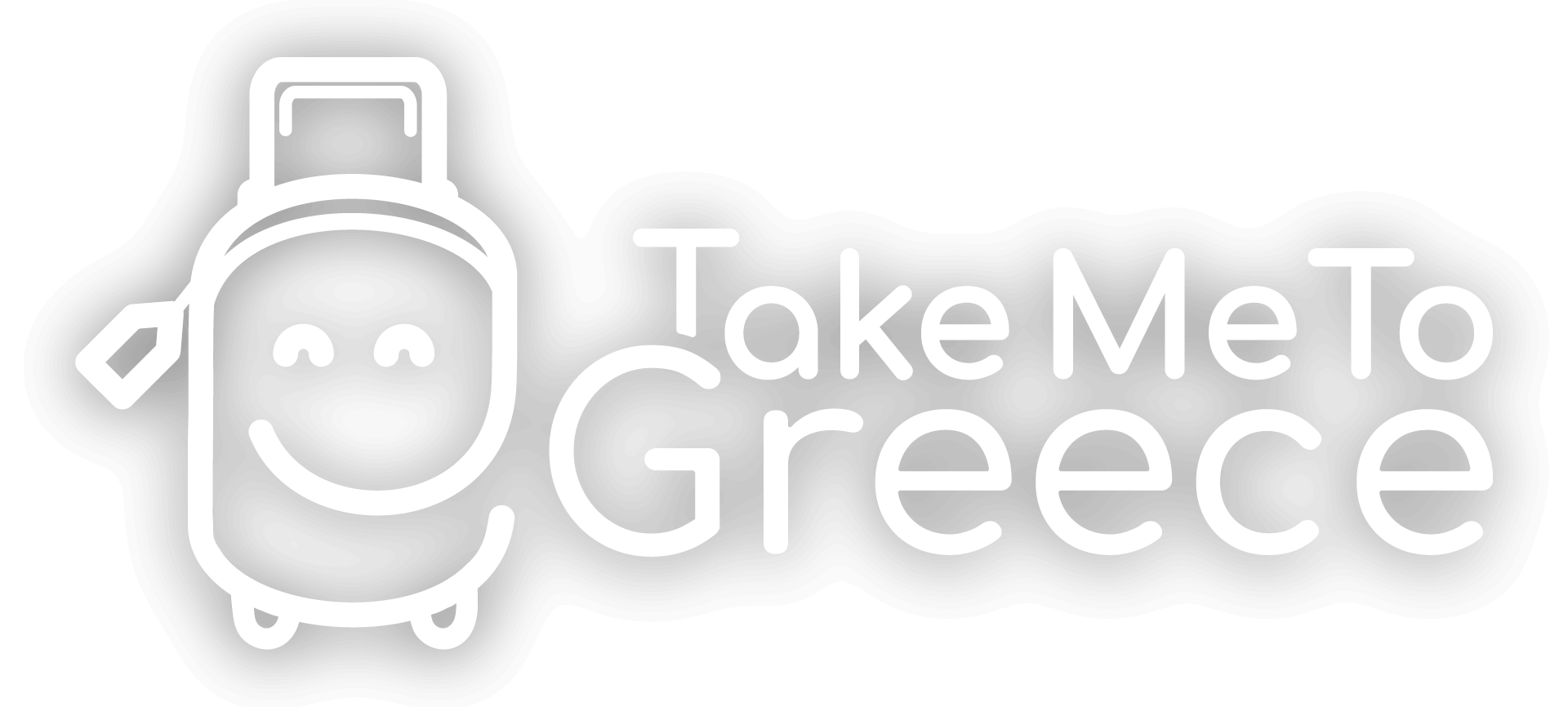Wondering what to wear to Greek Easter? That’s understandable because Easter is big in Greece – it is the most important religious event of the year and there are several public holidays in Easter week.
In this article I explain in detail what to wear to a Greek Easter, the Easter “dress code”, what gifts to bring, what to do with red eggs. and the etiquette you need to know for your Greek Easter holiday.
What to wear to a Greek Easter church service?
Easter is one of the most sacred and appreciated holidays in Greece. This means people dress nicely and pay attention to how they dress.
Easter also involves several trips to the church, so nice and elegant, but modest, is the way to go.

Back in the olden days, Easter meant the children were getting new shoes (the only new shoes for the rest of the year), so you get an idea of the importance of the whole thing.
Nowadays, a custom is that a child is given a whole Easter outfit, usually by his/her Godparents (people who baptized the child).
Here are the basic Do’s and Don’ts of Easter attire.
Women
The old days of conservative Orthodox Church dressing are gone, so you don’t have to wear head coverings, although the custom to dress up for the Easter church services remains.
As long as it is modest and clean/pressed, it will be suitable. Broadly simplified, smart-casual or evening attire is the way to go:
👗 Wear skirts or dresses with modest lines, knee-length or longer.
👚 Short or long-sleeved shirts or blouses, no sleeveless shirts unless coupled with a sweater or something similar.
👖 Trousers – modest, long and well pressed (not suitable according to the Orthodox churches, but widely accepted).
👢 Shoes – If they are not flip-flops, very high heels, or flamboyant in color and design, it is fine.
👡 Any closed shoes, dress shoes or elegant sandals are good, as long as you are comfortable, for there is a lot of standing involved.
This means avoiding: T-shirts, tops with low-cut necklines, big logos or messages on shirts, and tights & leggings. Avoid drawing attention to yourself because of your clothing.
TIP: Unless in mourning, best avoid black.
Men
Men find it much more straightforward to dress for Easter church service (of course!)
- Wear a full suit with a tie (avoid wearing a bow tie) or
- Wear dress pants/long trousers (avoid jeans),
- Wear buttoned long sleeve shirts (tucked in),
- Wear closed shoes,
- Jackets/coats of any style.
This means avoiding: shorts, swimming shorts, T-shirts, sneakers, and anything multicolored and flashy.
Kids
Children wear their best outfits that are bought for Easter.
Boys wear smart casual outfits consisting of trousers, buttoned shirts, belts, and closed shoes (as of lately kids’ deck shoes are very popular), usually in white and blue or khaki. combinations.
Sometimes even a small three-piece suit!
Girls wear dresses or skirts with blouses and elegant closed shoes.
TIP: You cannot overdress as long you dress modestly and it’s not flashy.
TIP 2: Most important church Easter services include the outdoors, so wear something warm and always bring a light jacket.
What to wear for a Sunday Feast?
Sunday feast is the culmination of the Orthodox Easter week and a joyful day filled with eating, drinking, singing and dancing, most likely outdoors.

Wear elegant daytime attire, less formal than you would if you were attending church, but still nice enough to match the occasion.
It all depends on whether the feast is outdoors or indoors, but safe bets are:
🚶🏽 Men – dress shirt, trousers or jeans, shoes or “good” sneakers and a jacket.
🚶🏾♀️ Women – anything you would be wearing to a weekend lunch with a family.
Things to know before attending the Greek Easter
It’s a week-long thing
Greek Orthodox Chistains start preparing for Easter 40 days ahead of it by fasting and attending church services.
But it’s actually Easter week – the 7 days before Easter – that matters the most and when most of the preparations take place. So, if you are planning a Greek Easter trip, make sure to be there from at least since the Holy Wednesday.
This will give you enough time to get your Easter shopping on time and attend Easter Sunday with the right attire and gifts.
Easter in Greece is usually around the countryside
Greek Easter is usually late April or early May when spring flowersare blooming and everyone is eager to spend some time outdoors.

Plus, being a family holiday, trips to ancestral homes or vacation houses for the Sunday feast in the village are a common thing. This means outdoor activities and chilly evenings!
Plan to stay late on Saturday evening
One of the main Easter events in Greece happens atmidnight on Saturday, when the whole community gathers outside the local church and awaits the priest to proclaim that Christ is Risen.
They share the Holy Flame and light fireworks above the heads of the faithful.
After that, there’s an obligatory midnight meal where the fast is broken. This fasting sometimes goes on for several for hours and outdoors, so dress warm and in layers.
TIP: Mountain towns and villages in Greece can be chilly, so bring modest warm clothes.
What happens on Easter Sunday
Because the Holy Saturday midnight meal extends until the early hours of the Holy Sunday, the Easter feast starts quite late.
And, you have a lamb to get done, so this takes time too.
All of this means that Sunday starts late, the whole day happens outdoors, the Easter lunch takes hours, there is singing and dancing involved, and in some villages, people gather in front of the parish church in the evening to continue partying and dancing.
Again, another day outdoors.
What to buy as a Godparent gift?
Godparents play a crucial role in the Greek kinship system and represent the closest thing to a blood-relative a child can get.
This means assuming a responsibility for a godchild throughout its life, but also a constant stream of gifts. For Easter it will be:
Obligatory: well-decorated Lampada, a ceremonial candle a child will hold upon the Holy Saturday midnight service when the Resurrection of Christ is proclaimed and the holy light shared candle by candle.
It is bought during the Holy Week and can cost up to €50.
Optional: An Easter outfit, a set of elegant clothing that a child can wear not only for Easter but for other formal occasions that year.
When shopping for boys, a full suit or trousers/buttoned shirt/belt is desirable, while for the girls a nice dress or shirt and skirt combo is the way to go.
What to bring to your hosts for a Greek Easter?
You’ve got an invite for a Greek Easter Sunday. What do you bring? Follow this:
Talk to your hosts
Like us, Greeks here prefer to communicate with their guests and delegate some of the things of the Feast spread to them.
Sometimes it will be an entree dish, or sometimes a dessert. Make sure to ask ahead.
Desserts
If you are a non-local guest, if anything, you will be asked to bring a dessert.
Greeks usually do not make home-made desserts but rely on some of the best patisseries in the world instead.
Buying a cake, or galaktoboureko or profiteroles is always a safe bet.

Wine
If the hosts insist you bring nothing and come as you are, bring wine.
These are the best wines for the occasion:
🍷 Vivlia Chora by Ktima Vivlia Chora – one of the most enjoyed whites in Greece.
🍷 Magiko Vouno by Chateau Lazaridi – one of the finest reds in Greece.
🍷 Kanenas Rosé by Tsantalis – light rosé wine, perfect for springtime.
Eggs
Bringing a red egg basket to celebrate Easter will not only be much appreciated but will give you a supply of eggs for the “cracking game.”

This is a Sunday lunch ritual in which everyone competes with everyone over who has the strongest egg. You can buy the red eggs all around town during the Holy Week.









